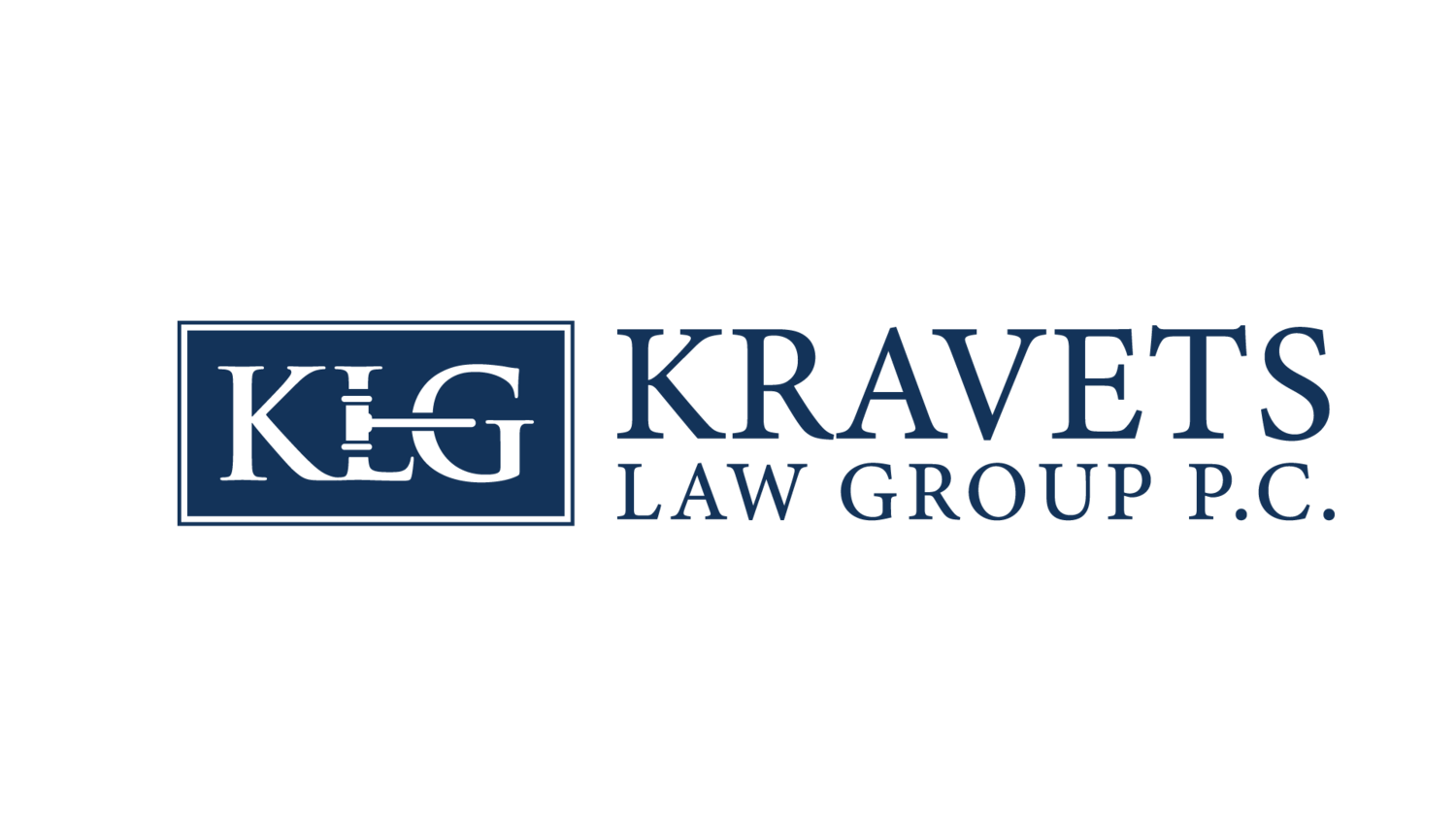How to Choose the Right Executor for Your Will
Creating a comprehensive estate plan is essential for individuals of all ages and walks of life, and one of the key decisions you'll need to make is choosing the right executor for your will. An executor, also known as a personal representative, is responsible for administering your estate and ensuring that your final wishes are carried out. This blog post will provide guidance on selecting an executor who can effectively handle the important tasks involved in settling your estate.
Understand the Role of an Executor
Before delving into the selection process, it's crucial to understand the responsibilities and duties of an executor. The executor's primary responsibilities typically include:
Gathering and managing assets: The executor is responsible for locating and managing all assets of the deceased, including property, investments, and personal belongings.
Paying debts and taxes: The executor must identify and pay off any outstanding debts and taxes owed by the deceased using the estate's assets.
Distributing assets: Once debts and taxes are settled, the executor distributes the remaining assets to the beneficiaries named in the will.
Trustworthiness and Competence
When choosing an executor, it is vital to select someone who is trustworthy, responsible, and competent. The executor will have access to sensitive financial and personal information, and they must handle these matters with the utmost integrity. They should be organized, detail-oriented, and capable of making informed decisions in complex situations.
Consider Personal Relationships
While many individuals may instinctively consider close family members, such as a spouse or adult child, as potential executors, it's important to assess their suitability objectively. Personal relationships should not be the sole criterion for selecting an executor. It is crucial to evaluate the individual's ability to handle the responsibilities of the role, as well as their availability and willingness to serve.
Professional Experience
If your estate is complex, or if you have specific concerns about potential disputes or conflicts among beneficiaries, it may be wise to consider choosing a professional executor. Professional executors, such as attorneys or trust companies, have experience in estate administration and can provide impartiality and expertise in navigating the complexities of the process. However, it is important to weigh the associated costs and ensure that their services align with your specific needs.
Communication and Availability
An executor should be someone who is readily available and accessible to handle the responsibilities efficiently. They should be able to communicate effectively with beneficiaries, legal professionals, and financial institutions involved in the estate administration process. Open lines of communication are crucial to ensure that all parties are kept informed throughout the process.
Successor Executor
When selecting an executor, it is wise to designate a successor executor as well. Naming a backup executor in your will ensures that there is a plan in place in case the primary executor is unable or unwilling to serve at the time of your passing.
Choosing the right executor for your will is a critical decision that can greatly impact the administration of your estate. By considering factors such as trustworthiness, competence, personal relationships, professional experience, communication skills, and the inclusion of a successor executor, you can ensure that your estate is in capable hands. Consulting with an experienced estate planning attorney can provide valuable guidance and assistance in making this important decision.
Remember, estate planning is a complex area of law, and seeking professional advice is highly recommended to tailor your estate plan to your unique circumstances.

